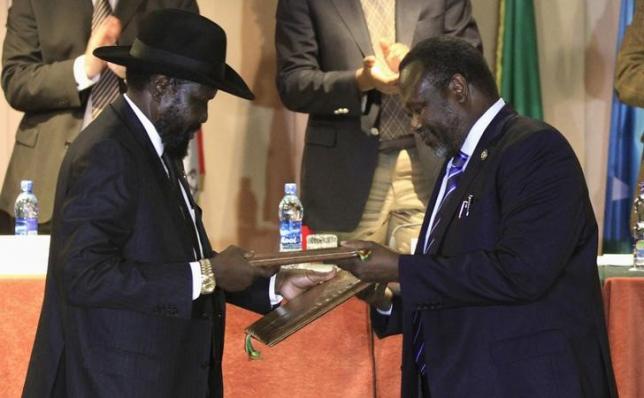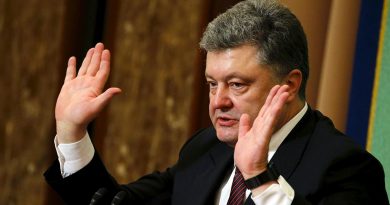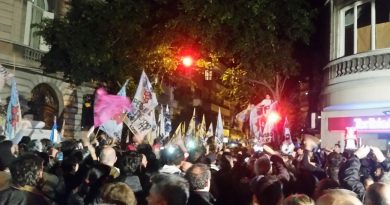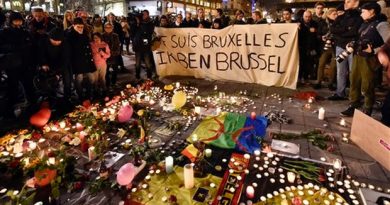South Sudan Peace Accord Finally Results in Concessions
By Alexander Stringer
Staff Writer
Since its recognition as a state by the United Nations in 2011, there has been nearly continuous conflict in South Sudan, and the world’s newest country is currently fighting two different wars.
The first conflict has been raging since independence, and is mostly a spillover of ethnic strife in Sudan proper fought mainly between two tribal groups in the eastern half of the state. Lou Nuer and Murle tribesmen have been engaged in a series of cattle raids and gunfights since 2011, according to ECC Platform.
While South Sudan was trying to contain tribal warfare, Vice President Riek Machar split from President Salva Kiir in December 2013, in what some call a freedom fight, others a coup, as cited in BBC News.
In August 2015, there seemed to be hope for the war-shattered state as both sides signed a peace accord.
Although the leader of the rebel forces, Vice President Machar, signed the agreement, there has been virtually no progress in bringing peace and stability to the country, likely due to a near-perfect storm of conditions that immediately followed this deal.
Neither side has been prudent in enforcing the peace, with the Council on Foreign Relations claiming that continued small conflicts around the state have forced some 1.6 million people out of their homes. Leaders of both sides have blamed the other for failing to uphold the ceasefire, according to the Council on Foreign Relations.
Almost a year after the ceasefire was signed, the fighting has only gotten worse.
One of the major issues with implementation is that, while the peace deal addresses the two major fighting groups and creates a power sharing system between them, the accords say nothing about the number of other rebel groups that have sprung up since the ceasefire, Al Jazeera reports.
These forces have come to represent the other minority ethnic groups that did not take part in the original fighting of the civil war, though it is alleged that several of these groups have joined with Machar’s remaining forces in the nation. There is, however, a shred of hope in this situation. While the violence has maintained its intensity, and the ceasefire is far from being in full force, President Kiir has finally fulfilled one of the first measures of the agreement.
Kiir issued a formal proclamation naming Machar Vice President again, according to Al Jazeera.
In a recent press release, Machar accepted the appointment and will be returning to Juba on April 18 to begin forming the transitional government.




